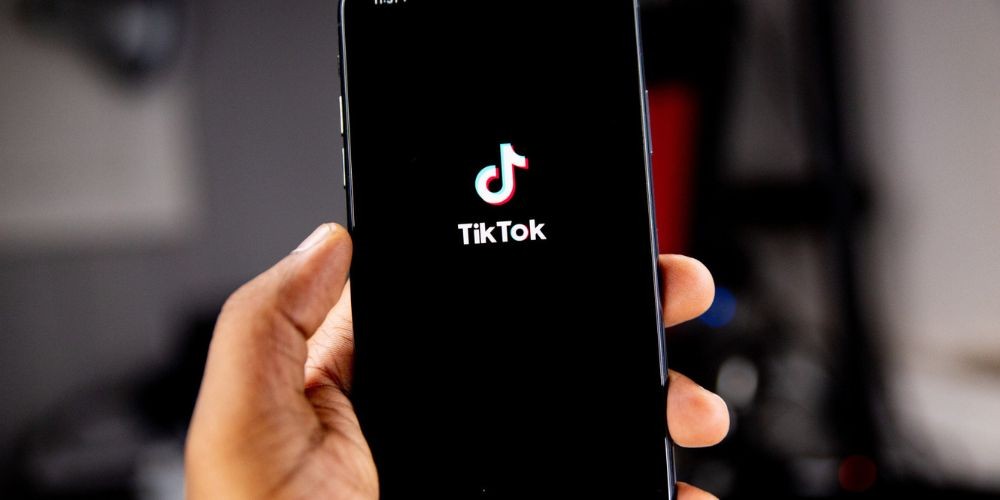The Digital Standoff: TikTok's Plea to its U.S. User Base
Mar-09-2024

In an unprecedented move, TikTok is rallying its U.S. users to action. A proposed U.S. bill is casting a shadow of doubt over the future of the beloved app, threatening its very existence on American soil. ByteDance, TikTok's parent company, is at a crossroads, forced to consider selling the app to U.S. owners or face a complete ban. Concerns that TikTok might be a puppet for Chinese government espionage continue to punctuate Capitol Hill discussions.
TikTok, however, is firing back by invoking the First Amendment, suggesting that the bill infringes on free expression. The social media giant isn’t just resorting to legal arguments; it’s calling upon its massive U.S. user base to be the voice of dissent. A pop-up alert on the app is nudging users to reach out directly to their House representatives. This user mobilization tactic isn't new; TikTok previously sent influencers to Washington to lobby against restrictions, signifying the company's determination to leverage its community for political sway.
Despite TikTok’s communal efforts, cybersecurity analysts are steadfast in their cautions. The crux of their concern is the potential risk posed by the company's ties to the Chinese Communist Party (CCP). Given the rising tensions within international waters, particularly in the increasingly competitive South China Sea, TikTok might find itself collateral in a larger geopolitical conflict.
The situation is complex, as outright bans could lead to a ripple effect of retaliatory measures from the CCP, potentially harming U.S.-China trade relations. The White House is treading carefully, balancing the potential economic backlash against the real or perceived digital threats. Chinese data-sharing laws, requiring companies to comply with government data requests, sit at the heart of the quandary. Without clear-cut evidence of abuse, TikTok's fate hangs on the continual assessment of China as a national security threat.
In conclusion, TikTok’s bold strategy of engaging its user base in a political defense remains a unique case study of digital communities versus governmental power. But even with user support, TikTok’s future in the U.S. is uncertain. The question of whether user advocacy can influence national security policy looms large, resonating beyond the app's short videos to the broader stage of global digital policy and security.







